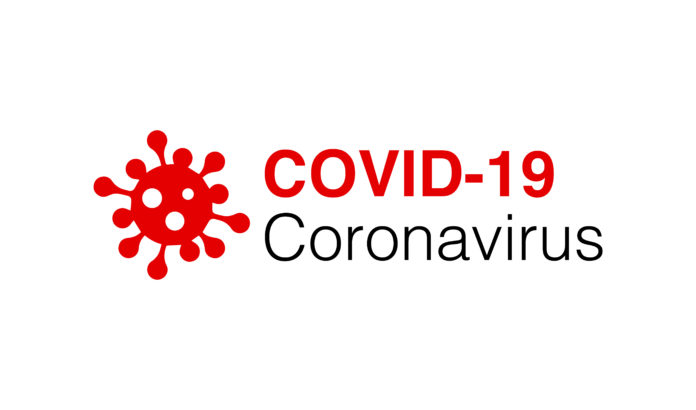An international team of physicians, pharmacists, medical researchers and patient partners has developed a clinical guideline for the treatment of patients with coronavirus disease 2019 (COVID-19), published in CMAJ (Canadian Medical Association Journal).
“The enormity of the adverse health consequences of COVID-19 has understandably left clinicians and patients eager for interventions that can decrease progression, prevent mortality and speed recovery,” writes Dr. Gordon Guyatt, McMaster University, Hamilton, Ontario, and his coauthors. “This eagerness has perhaps contributed to overly sanguine assessments from experts, regulatory authorities and prominent politicians regarding the potential benefits of treatments, with underappreciation of potential harms.”
The guideline, aimed at physicians and their patients, is based on the most recent available evidence as of April 25, 2020. It looks at treatments for patients with nonsevere and severe COVID-19. This comprehensive look at the quality of evidence found only low or very low-quality evidence supporting treatment benefit.
“As a result, the guideline panel made almost exclusively weak (conditional) recommendations against use of these agents in COVID-19 patients,” says Dr. Guyatt.
Recommendations:
- Weak recommendation in favour of using corticosteroids in patients with severe COVID-19 and acute respiratory distress syndrome (ARDS)
- Weak recommendation against using corticosteroids in patients with COVID-19 but without ARDS
- Weak recommendation against using convalescent plasma in patients with severe COVID-19
- Weak recommendation against using several antiviral drugs currently under consideration for treatment in patients with severe and nonsevere COVID-19.
The authors caution that two very low-quality studies have raised the possibility that hydroxychloroquine could increase the risk of mechanical ventilation and death.
“The recommendations in this guideline should discourage use of interventions for which there is very low-quality evidence, thus decreasing medical waste. However, misleading statements about and advocacy for use of medications for which we were unable to find robust evidence of benefit at this time present the major barriers to this guideline’s implementation,” conclude the authors.
An international team of physicians, pharmacists and researchers from Canada, China, South Korea, Mexico, Saudi Arabia and Singapore, as well as two patient partners, created the guideline.
It will be available in various user-friendly formats for clinicians as well as patients on the MAGICApp and at cmaj.ca
“Treatment of patients with nonsevere and severe coronavirus disease 2019: an evidence-based guideline” is published April 29, 2020.


